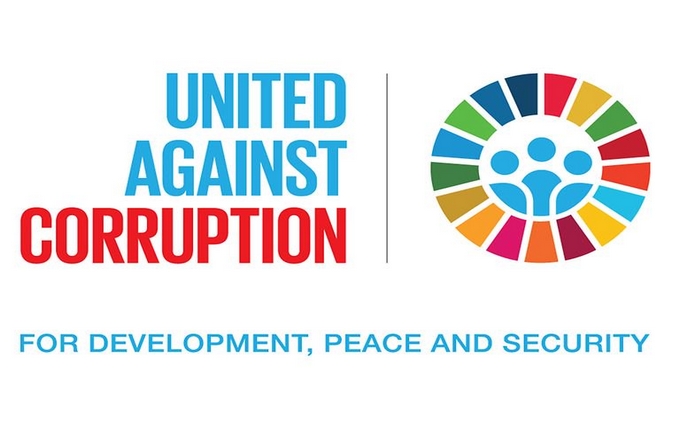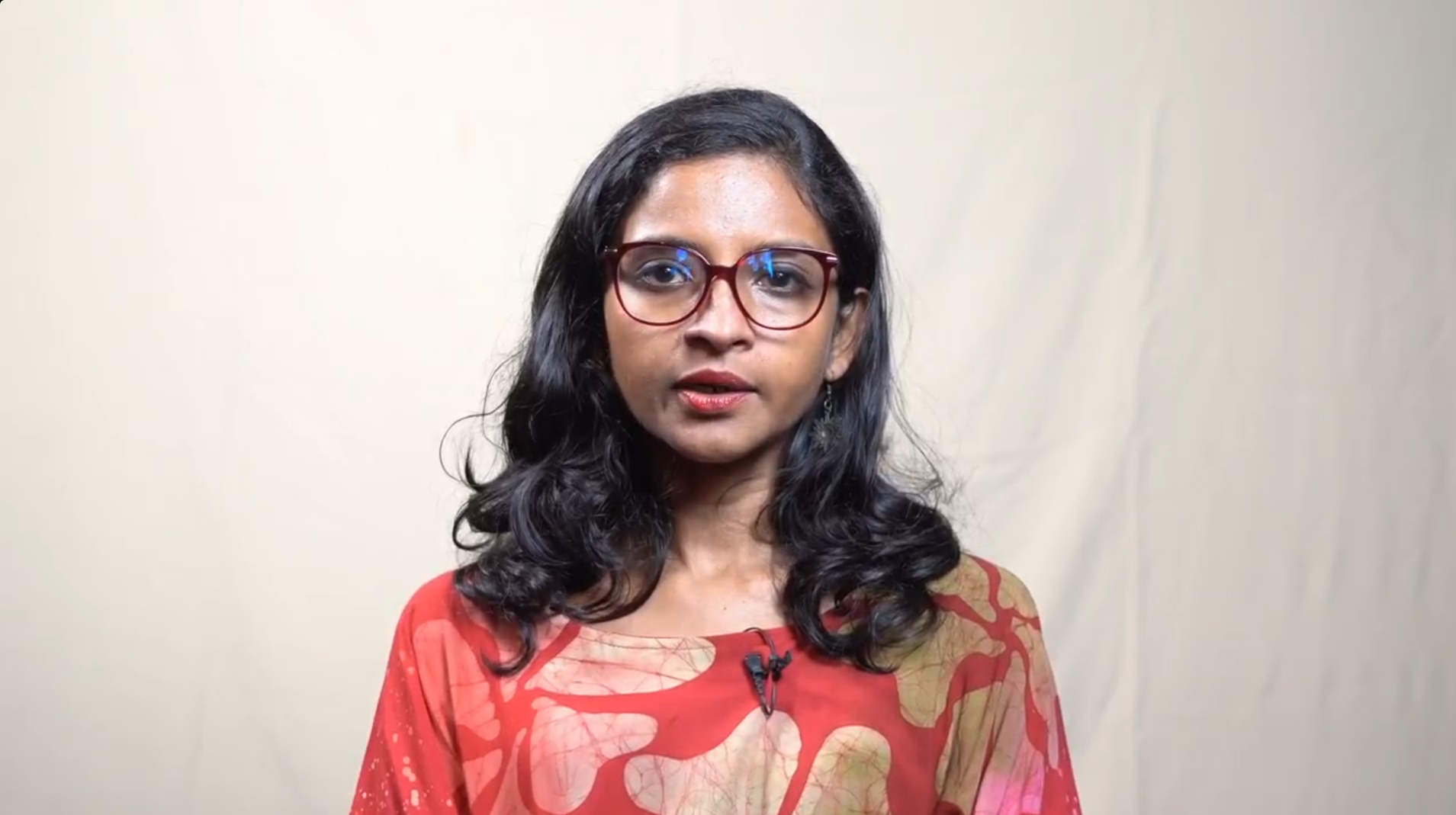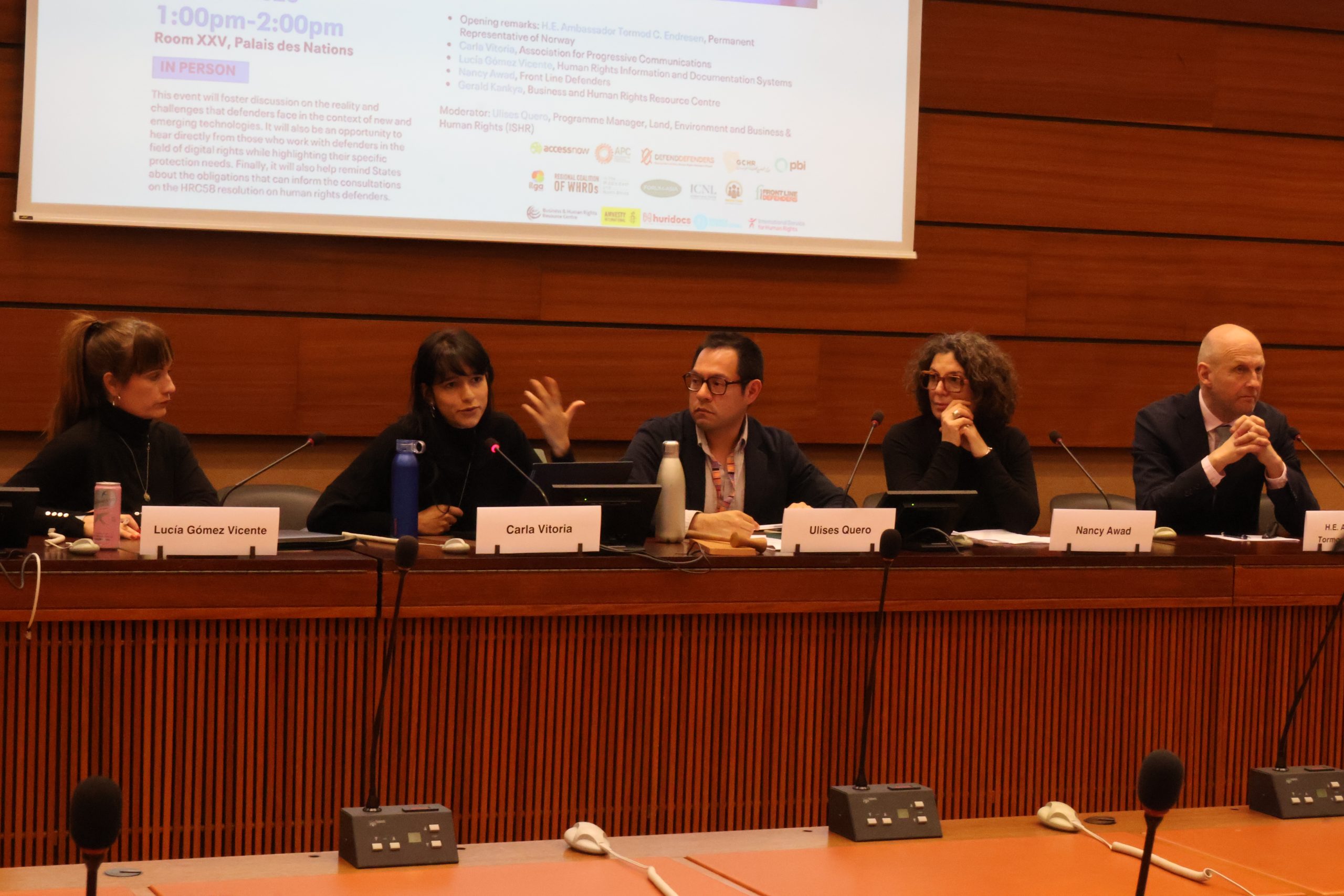We, the undersigned organisations and individuals, urge all UN Member States to end reprisals against anti-corruption human rights defenders, and to respect, protect, promote, and fulfil the human rights of everyone including those working to promote and defend the rights of other people and to fight and expose corruption.
Anti-corruption human rights defenders – journalists, members of civil society organisations, whistleblowers, and others – play a crucial role in the prevention of and in the fight against corruption and the promotion of human rights. Over the years, they have been instrumental in investigating and exposing corrupt practices and in demanding transparency and accountability and the protection of human rights. We observe, however, that those who work to expose corruption are often not recognised as human rights defenders, and their efforts may be invisible to the wider human rights community or seen as separate from or peripheral to human rights work.
We note that the role and active involvement of anti-corruption human rights defenders in anti-corruption efforts has been widely recognised in many international and regional anti-corruption instruments, including the United Nations Convention against Corruption (UNCAC) adopted in 2003. Among other things, UNCAC requires States parties to promote the “active participation” of anti-corruption defenders, by “respecting, promoting and protecting the freedom to seek, receive, publish and disseminate information concerning corruption” (Article 13). In addition, the political declaration on corruption adopted by the UN General Assembly in 2021 reaffirmed the commitment of the international community to recognise the important role that civil society, academia, the private sector and the media play in the detection, prevention and fight against corruption.
We are seriously concerned about the escalating reports of violence, threats, harassment, intimidation, attacks and persecution of anti-corruption human rights defenders and the impunity following this persecution in several States. Anti-corruption human rights defenders continue to face a real risk of physical attack, arbitrary arrest, and prosecution simply for exercising their human rights including freedom of expression, association and peaceful assembly. And States continue to pass laws to restrict access to information while failing to take effective actions to prevent harassment, intimidation and attacks against those who dare to expose corruption and its impacts on human rights, and to bring suspected perpetrators of the attacks to justice.
We note that the UN Special Rapporteur on the situation of human rights defenders in her recent report documents several cases of violence, threats, intimidation, harassment, attacks and persecution against anti-corruption human rights defenders. According to the report, hundreds of defenders all over the world face smear campaigns, criminalisation, and judicial harassment, and are killed every year for their peaceful work in defense of the rights of others. Very few perpetrators are brought to account for these murders, which only enables the cycle of killings to continue.
We also note that some attacks on defenders are gender-based and that many defenders have been targeted for their work in the context of the Covid-19 pandemic or for fighting against corruption affecting their local communities. Women human rights defenders working against corruption are also often attacked not only for what they do but for who they are.
Continuous threats and attacks against anti-corruption human rights defenders
We continue to receive reports of increasing threats and attacks against anti-corruption human rights defenders, including whistleblowers. These constitute clear violations of internationally recognised human rights including life, freedom of expression, association, peaceful assembly, access to information and media freedom.
The threats, intimidation, harassment and persecution also amount to a breach of the legal obligations of States under the various human rights treaties to which they are parties. We believe it is imperative to respect, protect, promote and fulfil the rights of anti-corruption defenders to ensure the effective promotion and protection of the rights of other people, and to improve the implementation of States’ legal obligations under the various human rights and anti-corruption treaties to which they are parties.
We therefore call on all UN Member States to:
- Foster a safe and enabling environment, to ensure that anti-corruption defenders are able to freely carry out their activities in full respect of their human rights and in the defence of the human rights of other people and the fight against corruption without fear of reprisals;
- Adopt and implement legislative and other measures for the protection of anti-corruption human defenders, if they do not exist, in line with human rights and anti-corruption standards;
- Effectively respect, protect, promote and fulfil the rights of everyone to freedom of expression, association, peaceful assembly including of those working to promote and defend the rights of other people and to fight and expose corruption, in accordance with Article 13 of UNCAC;
- End impunity by thoroughly, impartially, independently, transparently and effectively investigating reports of attacks against defenders in their States, and bringing to justice suspected perpetrators, and ensuring access to justice and effective remedies for victims;
- Publicly recognise the value of the work of anti-corruption human rights defenders and denounce threats and attacks against them, consistent with the provisions of UNCAC, the UN Declaration on Human Rights Defenders, and human rights treaties including the International Covenant on Civil and Political Rights.
Signatories
Organisations
- Accountability Lab, United States/South Africa
- Action pour les personnes vulnérables (APV), Guinea
- African Centre for Media & Information Literacy (AFRICMIL), Nigeria
- AfricanDefenders, Uganda
- American University Washington College of Law, United States
- Amnesty International, United Kingdom/ Senegal
- Appui à la Promotion du Développement Intégré (APRODI), Guinea
- Article 19, United Kingdom
- Asian Forum for Human Rights and Development (FORUM-ASIA), Thailand
- Association Songtaaba des femmes unies pour le développement ASFUD, Burkina Faso
- AWTAD Anti-Corruption Organization, Yemen
- Be Just, Inc., United States
- Bekker Compliance Consulting Partners, LLC, United States
- Blueprint for Free Speech, United Kingdom
- Bunge Mashinani Initiative, Kenya
- Centre de Recherche sur L’Anti-Corruption, Democratic Republic of Congo
- Centre d’Excellence du Droit de l’Environnement (CEDE), Guinea
- Centre for Free Expression, Canada
- Centre for Human Rights, University of Pretoria, South Africa
- CiFAR – Civil Forum for Asset Recovery e.V., Germany
- CIVICUS, South Africa
- Coalition des Défenseurs des Droits de l’Homme au Bénin (CDDH-Bénin), Benin
- Commission nationale des droits humains, Burkina Faso
- Conseil Consultatif des enfants et jeunes de Guinée, Guinea
- Corporate Crime Observatory, United Kingdom
- Créativité et développement (C-DEV), Guinea
- Defenders Coalition, Kenya
- Environmental Investigations Agency, United States
- Federation of Environmental and Ecological Diversity for Agricultural Revampment and Human Rights (FEEDAR & HR), Cameroon
- FIDH (International Federation for Human Rights), within the framework of the Observatory for the Protection of Human Rights Defenders, France
- Front Line Defenders, Ireland
- Global Witness, United Kingdom
- Government Accountability Project, United States
- Gulf Centre for Human Rights, Lebanon
- Haki Africa, Kenya
- Improve Your Society Organization (IYSO), Yemen
- Institute for Public Policy Research (IPPR), Namibia
- International Commission of Jurists Kenya (ICJ-Kenya), Kenya
- International Service for Human Rights (ISHR), Switzerland
- Les Mêmes Droits pour Tous (MDT), Guinea
- Ligue Congolaise de Lutte contre la Corruption (LICOCO), Democratic Republic of Congo
- Lutte pour le Changement (LUCHA), Democratic Republic of Congo
- Malagen, The Gambia
- Mexiro AC, Mexico
- Protect, United Kingdom
- Platform to Protect Whistleblowers in Africa (PPLAAF), Senegal/South Africa
- Publiez Ce Que Vous Payez, Senegal
- Réseau de Lutte Contre la Faim (RELUFA), Cameroon
- Réseau des Associations Guinéennes des Volontaires pour le Développement (RAGVD-GUINEE), Guinea
- Réseau des Organisations de la Société Civile pour l’Observation et le Suivi des Elections en Guinée (ROSE), Guinea
- Réseau Guinéen des Maisons et Foyers des Jeunes et de la Culture (REGUIMAJEC), Guinea
- Sembrando Sentido, United States
- Sherpa, France
- Siasa Place, Kenya
- Social justice centres Working Group, Kenya
- SpeakOut SpeakUp Ltd, United Kingdom
- The Daphne Caruaza Galizia Foundation, Malta
- The Global Initiative Against Transnational Organized Crime, Switzerland
- The Institute for Social Accountability (TISA), Kenya
- The Sentry, United States
- Tiger Eye Social Foundation, Ghana
- Tournons La Page Togo, Togo
- Transparency International Bangladesh, Bangladesh
- Transparency International Cambodia, Cambodia
- Transparency International Italy, Italy
- Transparency International Secretariat, Germany
- Transparency International Zimbabwe, Zimbabwe
- Uzbek Forum for Human Rights, Uzbekistan/Germany
- WAFRICA Guinée, Guinea
- Whistleblower-Network, Germany
- Whistleblower International Network (WIN), United Kingdom
- Women Human Rights Defenders Hub, Kenya
- World Organisation Against Torture (OMCT), within the framework of the Observatory for the Protection of Human Rights Defenders, Switzerland
- Xnet, Spain
- Yemen organization for combatting human trafficking, Yemen
- الإنسان – Watch for Human Rights (Watch4HR), Yemen
Individuals
- Bangoura Aminata Edith, Women’s rights activist, Guinea
- Professor David Lewis, Head of the Whistleblowing Research Unit, Middlesex University, United Kingdom
- Dr Aled Williams, Principal Adviser, U4 Anti-Corruption Research Centre, Chr. Michelsen Institute, Norway
- Dr Costantino Grasso, Reader in Business and Law, Manchester Metropolitan University, United Kingdom
- Amb. (ret) Francisco Villagran de Leon, Lecturer, Elliott School of International Affairs, United States
- Feras Hamdouni, Development professional, Syria




